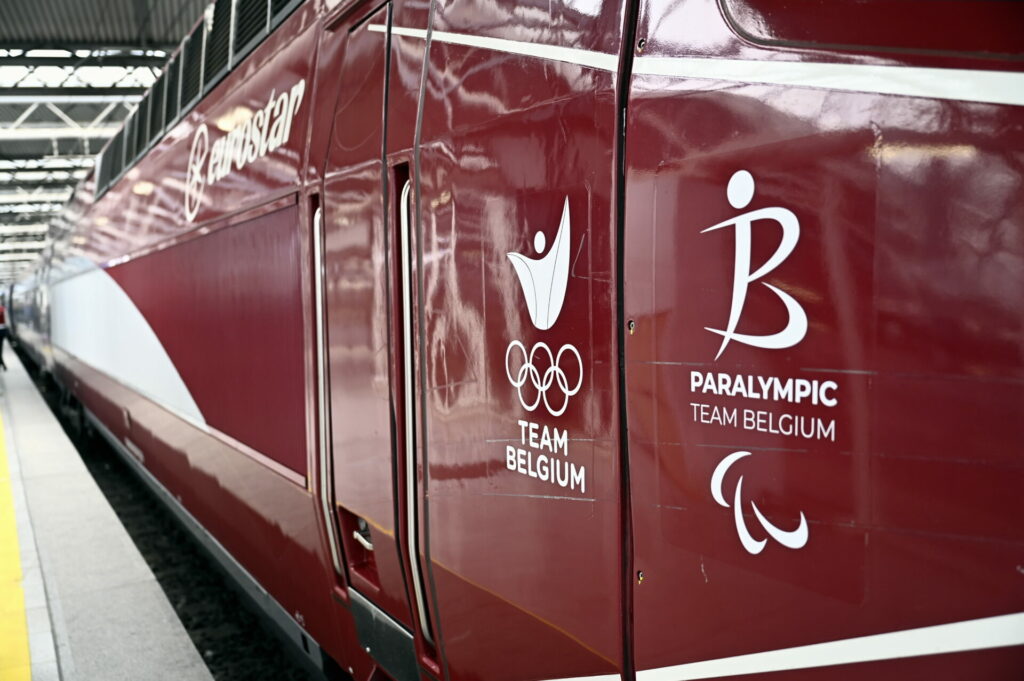Eurostar transported 18.6 million passengers on its high-speed trains in 2023 – a 22% rise for the rail operator which has been the result of the merger of Eurostar and Thalys. The positive result marks a return to passenger numbers not seen since before the pandemic.
Demand for the London, Paris, and Amsterdam lines has been strong and Eurostar, which is based in Brussels, aims to cater to 30 million passengers by 2030.
In total, the company transported 3.3 million people between Belgium and France (+12%), 2.2 million between Brussels and London (+33%), and nearly a million people from the Belgian capital to the Netherlands (+22%).
“Eurostar demonstrated its capability to grow in 2023. Our journey to 30 million passengers by 2030 continues in 2024,” said Eurostar CEO Gwendoline Cazenave during the company announcement.
2024: a golden year for rail?
The latest results were announced on the first anniversary of the Eurostar-Thalys merger, a move that aimed to expand the company's offering for journeys between France and London, the Benelux, and Germany. Eurostar expects growth in 2024, despite infrastructure constraints.
One challenge is the Channel Terminal at Amsterdam’s railway station, which will close for half a year from June for renovation to accommodate more passengers. During this time, Eurostar will ensure direct connections between London and Amsterdam, passing via Brussels-Midi.
The company expects to carry close to 2 million passengers on its various routes to Paris during the Olympics and Paralympics period. The Belgian, British, Dutch, and German Olympic and Paralympic teams will all travel to the French capital via Eurostar.

A Eurostar train during a press conference in July 2023 in Paris. Eurostar Group will transport the Olympic and Paralympic teams from Belgium, the United Kingdom and the Netherlands to the Paris Olympic Games. Credit: Belga
The French railways (SNCF) own 55.75% of Eurostar, while the Belgian rail operator SNCB has an 18.5% stake. The majority remainder is owned by a Canadian pension fund and a US infrastructure investor.
Despite aiming for 30 million passengers by the end of the decade, Eurostar’s growth might slow in 2024 due to Amsterdam’s main station closing. The renovations to the 140-year-old building will mean that passport and luggage controls will be relocated to Brussels-Midi, where passengers will be required to change trains.
According to Greenpeace, travelling by train from London to Paris during the holidays was over twice as expensive as flying. But flying can be 80 times more polluting than taking a train.

